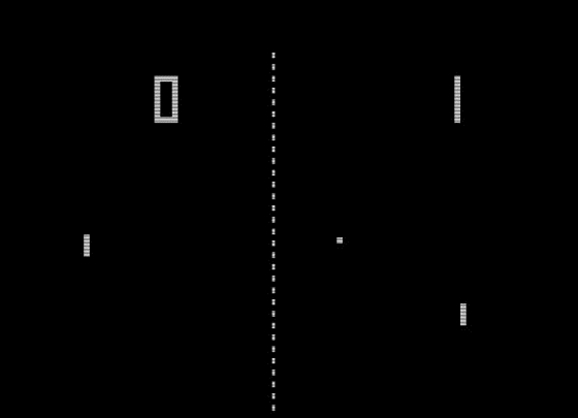Using Computers May Improve Your Brain’s Motor Skills
This article is more than 2 years old
 Those of us who find ourselves typing, surfing, and clicking for countless hours a day can take comfort in the fact that, while we may be developing carpal tunnel or feel as though we’re slowly causing our brains to leak out of our ears, we may actually be improving our fine-motor skills.
Those of us who find ourselves typing, surfing, and clicking for countless hours a day can take comfort in the fact that, while we may be developing carpal tunnel or feel as though we’re slowly causing our brains to leak out of our ears, we may actually be improving our fine-motor skills.
With all the studies about what screen time and information saturation can do to the brain, the question of what the physical acts of using the computer can do are often overlooked. Because we’ve grown so accustomed to pointing and clicking and zooming cursors around, these acts have become subconscious, meaning that we’re not aware of what our brains are doing to enable them. The average computer-using person clicks the mouse over 1,000 times a day, which prompted scientists to wonder about the effects of such movements on the brain’s ability to control the body.
Konrad Kording, a researcher from Northwestern University, teamed up with his former postdoc Kunlin Wei to conduct a study to find out, but they faced a big hurdle right off the bat — in order to measure the effects of computer use, they had to find people who weren’t already using computers. They honed in on migrant Chinese workers who generally live lifestyles that haven’t changed much in decades. They formed three groups for the study: one of migrant workers who had no computer experience, a second group of migrant workers of similar age and education who had some computer experience, and a group of technologically proficient college students. All three groups were tested for motor control at the outset, and then received the same two-week-long training in which they played mouse-based computer games, including two hours of Pong per day. After the training, all of the subjects were given the same motor-control tests they had taken two weeks earlier.

The results, which the two just published in Current Biology, were clear, especially via a comparison of the before and after tests. While migrant workers with some computer experience did better than those without computer experience before the training, the migrant workers with no previous computer exposure performed just as well as the computer-savvy college kids after the training. Those results include their ability to use the computer mouse, as well as other fine-motor skills. Given that two weeks is quite a short amount of time, the results are surprising, especially when it comes to gaining new skills and improving existing ones.
Scientists who work with stroke victims and other people who have lost motor control are encouraged by the findings, as they indicate that computer use generalizes to improved fine-motor functioning. Computer-based training and rehabilitation for patients will almost certainly see increased widespread use, as will the development of computer games and exercises designed to focus on specific skills. Though, for nostalgia’s sake, I hope scientists and doctors continue using Pong. This also raises the question of whether I can pick up any additional motor skills by playing Mario Kart and Punch Out. Doubtful, but just in case, I think I’ll keep playing.












